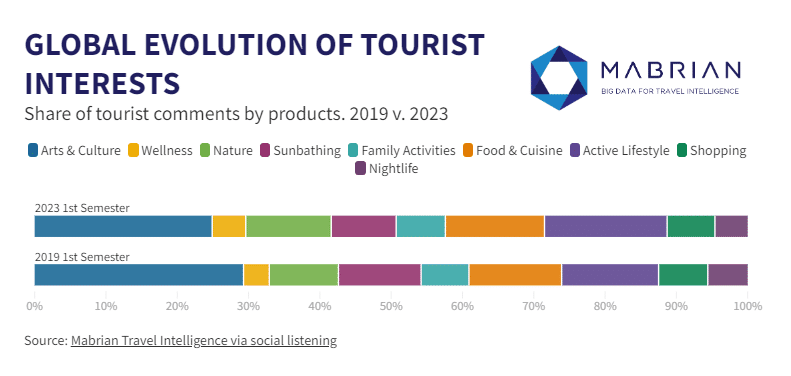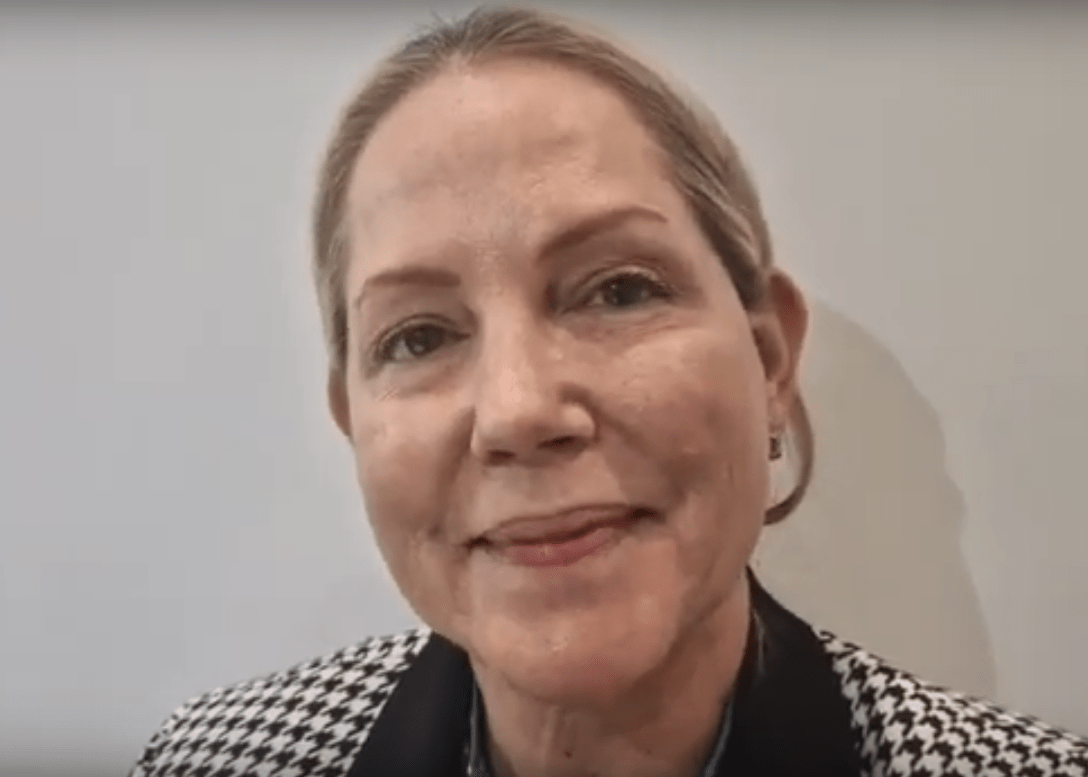Digital assets need to be safer. Here are some ways to do that
Blockchain-based ecosystems have unleashed incredible innovative potential and are creating exciting opportunities to tackle some of the stickiest challenges in today’s financial ecosystem.
Yet it’s not clear how all this potential can be harnessed as safe and scalable business models. Innovators, traditional financial firms, policymakers, regulators and global standard-setting bodies are all trying to solve that puzzle in ways that preserve the integrity of the global financial system.
The development and adoption of digital assets are still in early stages, and more work is needed by many participants to improve security and compliance. One effort toward this broader goal is Mastercard’s new Multi-Token Network, which will explore a set of rules and services designed to make blockchain ecosystems safer and more predictable.
We believe the Multi-Token Network can encourage positive developments in the private sector, enabling the broader adoption of blockchain technology as an engine for digital commerce and innovation across the financial system. For example, blockchain technology could be utilized to build more efficient and faster cross-border payment rails that are always on, unlike traditional financial infrastructure, which often imposes delays related to business hours and holiday closures.
Clear regulatory guidance, alongside private sector innovations like the Mastercard Multi-Token Network, could both unlock greater innovation and support stronger compliance.
Understandably, regulators and policymakers are concerned about the many risks in digital asset ecosystems, including the presence of fraud, market manipulation, money laundering, sanctions evasion and — increasingly — the potential to expose the traditional financial system to contagion. Regulators are faced with the challenge of developing rules that rein in these risks while supporting the innovative potential of digital assets. The variety of blockchain services, nuances in each blockchain technology and the complex networks of intermediaries that enable them mean that established regulatory frameworks may fall short; bespoke rules that borrow from oversight practices in disparate industries are needed.
Regulators and the private sector are working toward the same goal: safe and secure adoption of innovative solutions that address real pain points in financial services. Public authorities have engaged in robust dialogue among themselves and with private actors. Tremendous progress has already been made by standard-setting international bodies such as the Financial Stability Board and by policymakers in the European Union, to name just a few, in clarifying obligations for new entrants and conceptualizing frameworks that will govern digital asset activities. Yet work remains to be done to overcome the barriers to the safe and compliant adoption of digital assets.
New and prospective private sector standards and guardrails, including Mastercard’s Multi-Token Network, will have their best chance of succeeding if they develop alongside a handful of clearer regulatory frameworks. Those include:
01
Clarification and enforcement of consistent compliance expectations across payment technologies
In general, all payment technologies and networks should operate under the same expected compliance requirements and enforcement actions, but that’s not the case today. More consistent compliance measures would help avoid regulatory arbitrage and ensure that incumbents and digital asset innovators are competing on a level playing field, as has been called for by the Financial Action Task Force.
02
Establishment of clear regulatory frameworks for stable payment tokens
This would enable trust in the underlying store of value and address uncertainties around the regulatory treatment of floating digital assets. The development of robust regulatory frameworks for payment instruments within digital asset ecosystems, including stablecoins, tokenized deposits and, in some instances, central bank digital currencies should be a priority. The distinct characteristics of each of these assets necessitate that they be considered independently of one another.
03
Upholding the integrity and stability of the system
Upholding the integrity and stability of the system. Today, technical vulnerabilities that make interactions with blockchain systems vulnerable to cyberattacks and heists, as described in this MIT research paper, arguably pose one of the greatest risks to the whole ecosystem. The concentration of activity on just a handful of blockchains and the role of third-party services that support decentralized finance represent additional ecosystem risks. Technical experts who are most familiar with these networks could facilitate industry cooperation and partnership with public authorities to develop appropriate obligations designed to uphold the integrity and stability of these ecosystems. Important work to understand the technical vulnerabilities of blockchains is already underway at the Financial Stability Board and the Banque de France.
04
Redoubling efforts to attain global standards — and their broad adoption and implementation — to reduce the prevalence of regulatory arbitrage
In today’s “borderless” world, the most effective domestic regulations can be undermined in the absence of robust global regulatory cooperation, distorting the playing field for all. Substantial precedent already exists for global cooperation in complex areas of regulation and standard setting. We encourage authorities to maintain the momentum of international work by aligning on global standards and enforcing corresponding national-level requirements for ecosystem participants.
The intersection of digital assets with the traditional financial system means that establishing oversight that can facilitate system integrity is paramount. Private and public actors have put forward proposals for supporting the safe and secure growth of blockchain-based platforms and services. These ideas range from establishing self-regulating organizations to a heavier hand from public authorities. At this early stage of development, it is difficult to identify which oversight methodology is most appropriate suited. However, we are encouraged by the global efforts of public and private actors to learn and partner, with a goal of bringing about better outcomes in financial services.

Learn more about Mastercard
Have your say Cancel reply
Our emails to you has bounced travelmole.com Or You can change your email from your profile Setting Section
Your region selection will be saved in your cookie for future visits. Please enable your cookie for TravelMole.com so this dialog box will not come up again.
Price Based Country test mode enabled for testing United States (US). You should do tests on private browsing mode. Browse in private with Firefox, Chrome and Safari
You can see how this popup was set up in our step-by-step guide: https://wppopupmaker.com/guides/auto-opening-announcement-popups/
You will be requested to do this only once, unless you do not allow cookies, in which case, please whitelist TravelMole.com for cookies on your desktop browsers or mobile/cell browsers
Your region selection will be saved in your cookie for future visits.

 United Kingdom
United Kingdom United States
United States Asia Pacific
Asia Pacific

























BA flight attendant taken off duty after boozy altercation
Passenger attempts suicide on Bangkok-London flight
Report: Viking Sky outage could have been ‘one of the worst disasters at sea’
Spain hits Booking.com with record €530 million fine
Ambassador cruise ship collides with cargo vessel